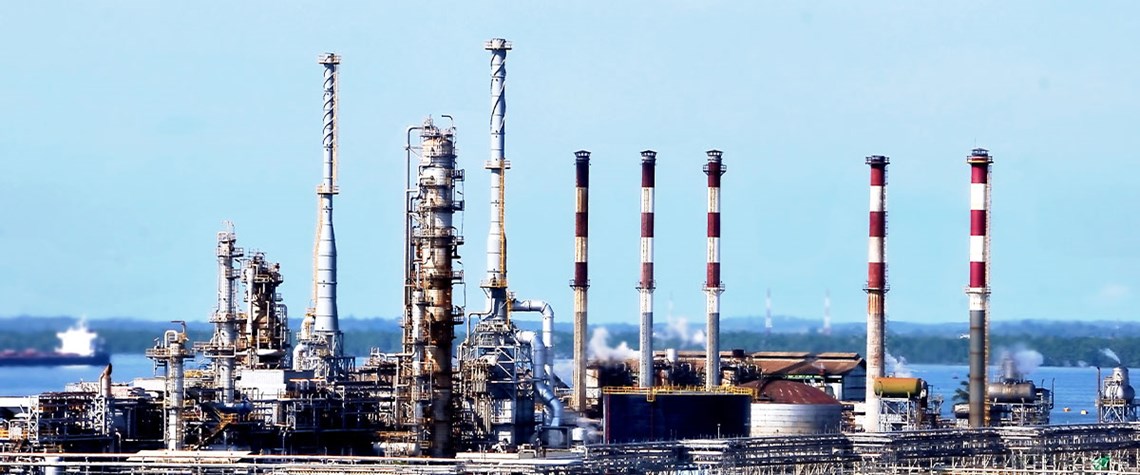Southeast Asian NOCs plot divergent transition strategies
The three most prominent NOCs in Southeast Asia will play to their individual strengths as they seek to decarbonise, with each company looking to capitalise on opportunities in their local markets
Malaysia’s Petronas, Indonesia’s Pertamina and Thailand’s PTT have been tasked by their respective governments to safeguard and monetise their nation’s hydrocarbons resources while ensuring energy security. At the same time, Indonesia, Malaysia and Thailand have all announced net-zero targets. As the largest state-owned enterprise in each country, the NOCs will play an outsize role in how their governments will reduce emissions in the coming decades. And that could result in a conflict between achieving these potentially converse strategic goals. Each company has embarked on lower-carbon pathways and outlined individual decarbonisation ambitions. Petronas targets net-zero emissions by 2050,

Also in this section
23 April 2024
Cheaper Russian barrels and lower overall crude prices have helped cut key oil consumer’s import bills in election year
22 April 2024
Pursuing three different goals as part of the same package may mean achieving none of them
22 April 2024
Beijing’s renewed targeting of NOC management could threaten investment
19 April 2024
Cairo’s currency problems have hindered investment, but Pharos sees considerable potential as Egypt emerges from crisis







